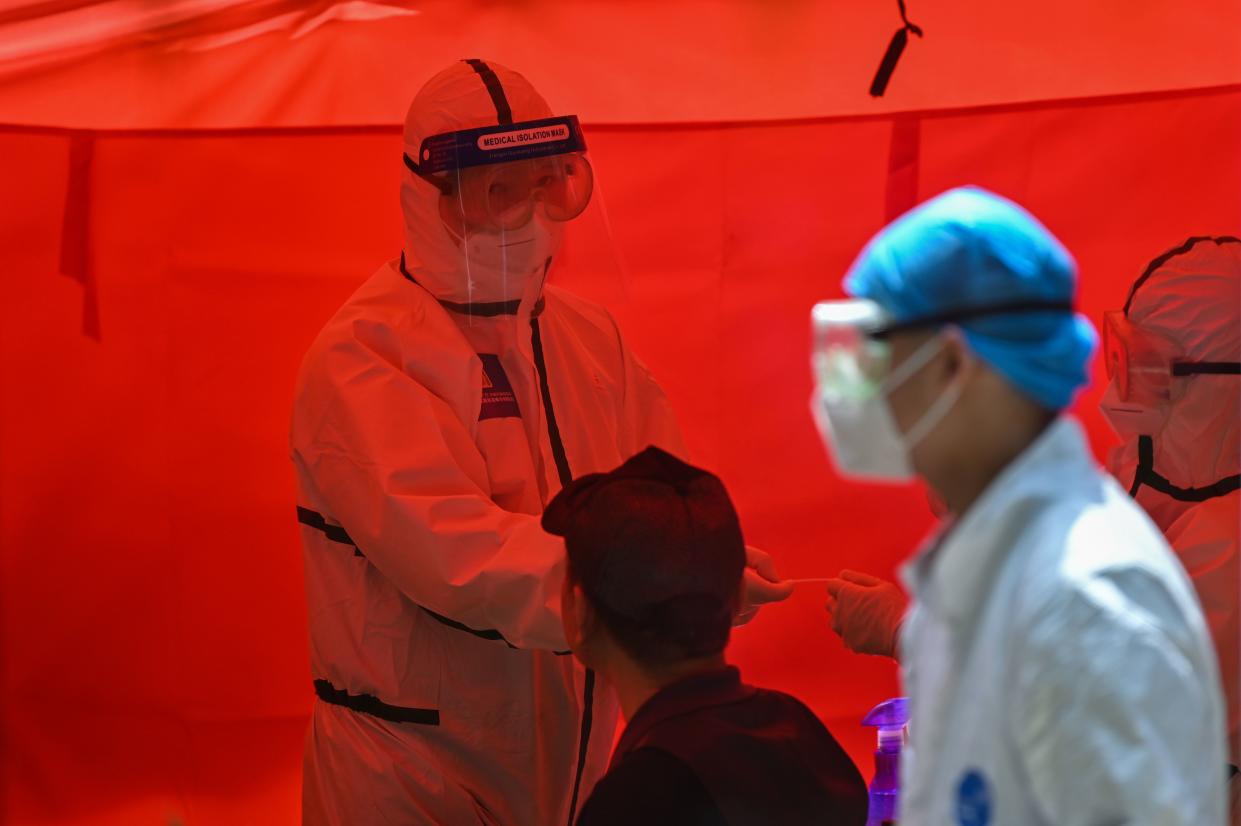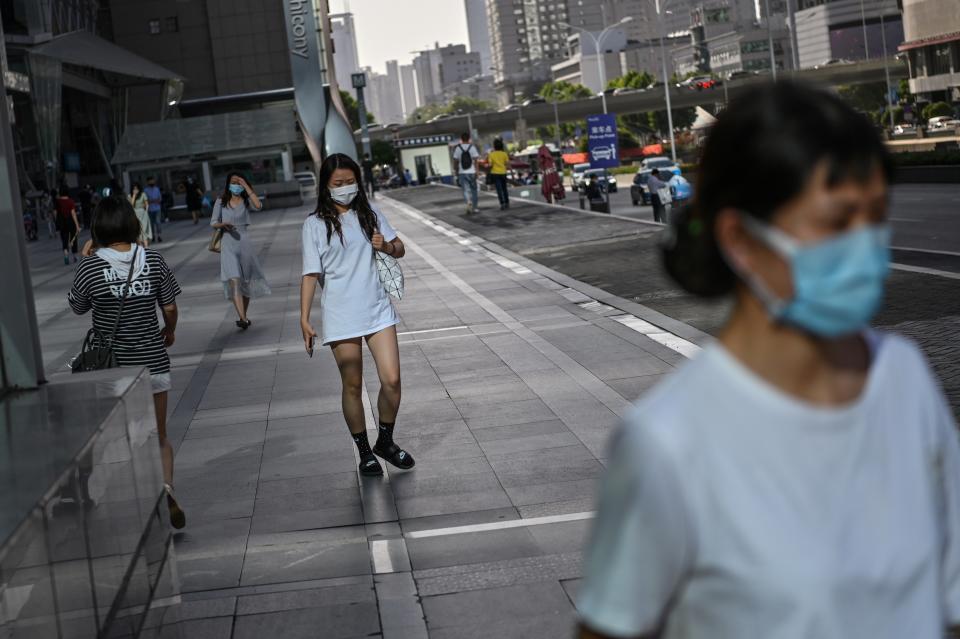Coronavirus: China's wet markets 'stack odds in favour' of deadly viruses spreading to humans

Wildlife markets in China “stack the odds in favour” of viruses spreading from animals to humans, a UK scientist has said.
John Ball, professor of molecular virology at the University of Nottingham, said animals are being kept “cheek-by-jowl” in Chinese wet markets.
Scientists believe the coronavirus spread from animals to humans in a wet market in the city of Wuhan, China.
They think it originated in bats, then passed to another animal which transferred it to humans.

On Tuesday, Prof Ball told the House of Lords science and technology committee: “Unusually for this virus, it seems as though it was ready-primed to be able to reasonably and efficiently – in fact, very efficiently – infect humans and be transmitted.”
He added: “Wherever you have a large mixture of different wild animals being kept close together alive, then there is always the chance that a virus can jump from one to another and acquire some mutations and that those mutations might then enable it to infect humans and then onwardly transmit.
“It is a lottery for the viruses, it is a game of chance, but you do stack the odds in the favour of the virus if you have lots of these wild animals being kept cheek-by-jowl in these kinds of markets.”
Latest coronavirus news, updates and advice
Live: Follow all the latest updates from the UK and around the world
Fact-checker: The number of COVID-19 cases in your local area
6 charts and maps that explain how COVID-19 is spreading
Professor David Robertson, head of viral genomics at the of University of Glasgow, told the same committee on Tuesday there is no evidence to back up the conspiracy theory that COVID-19 was created in a laboratory in Wuhan.
Prof Robertson, who warned that coronavirus will never be eradicated, said the theory, which has been backed by US president Donald Trump, “seems unlikely given the emergence of an animal market”.
He added: "You have a virus that you think comes from an exotic species and then you have a wildlife market – that seems the most parsimonious explanation."
He said of the lab theory: "There is really no evidence for this. We can all enjoy a conspiracy theory but you need to have evidence.
"I don't think we're clever enough to have designed this virus – it's far too unique."
On Monday, Tory peer and former home office minister, Lord Blencathra, told a virtual House of Lords debate that China had "lied, lied and lied again" about the COVID-19 pandemic.
“When this is over there has to be fundamental shift in working relationships with China,” he said.
UK charity the Bat Conservation Trust said bats had been unfairly blamed for spreading coronavirus.
Watch the video below
Lisa Worledge, the charity’s head of conservation services, said human action should be under scrutiny for the spread of coronavirus, rather than pointing the finger at the animal kingdom.
"It isn't bats that have caused this pandemic, it's humans,” she said.
“It’s the way we've treated our environment, it's the way we manipulate our environment, it's the way we bring wildlife into contact with other animals that wouldn't happen naturally through the trade in live wildlife, through wildlife markets – animals kept together, frightened, stressed –these are the conditions which provide a breeding ground.
"This pandemic has its origins with human activity.”

 Yahoo News
Yahoo News 


